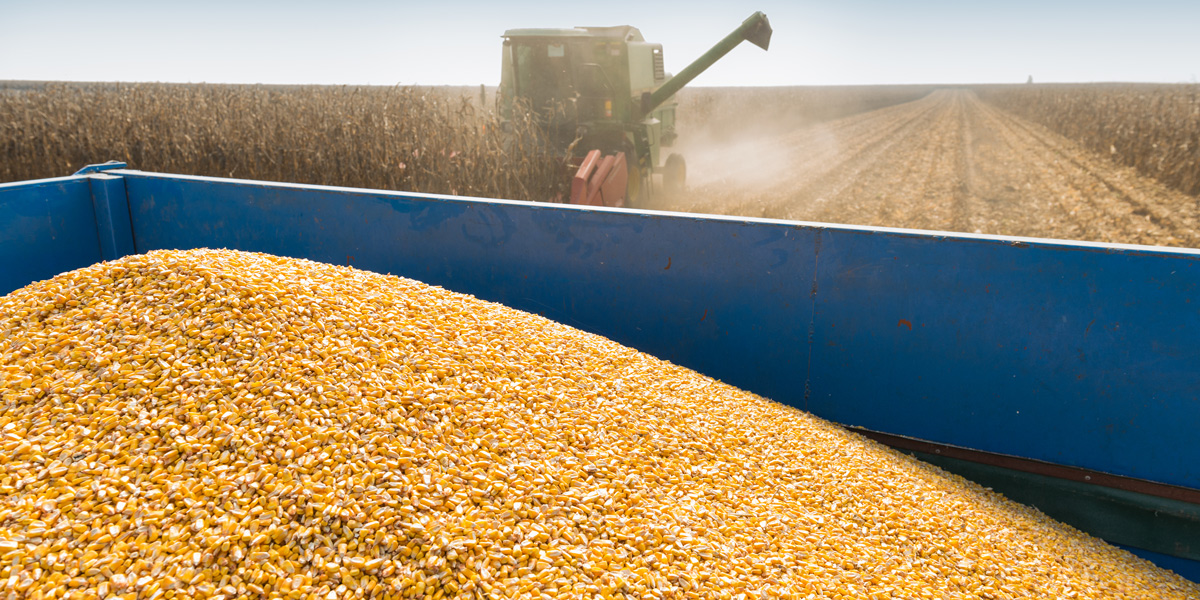
4,300 premature deaths per year caused by bad air quality resulting from maize production
A new study looks at the US's excessive focus on growing maize from an unusual angle – its impact on air quality. The study found that "reduced air quality resulting from maize production is associated with 4,300 premature deaths annually in the United States, with estimated damages in monetary terms of US$39 billion".
The air quality impacts are mostly caused by ammonia emissions from nitrogen fertilizer and manure application, which increase fine particles in the air through the formation of ammonium salts. Such ammonia emissions account for 71% of attributable deaths.
The study also estimated the life-cycle greenhouse gas emissions of maize production and found it caused total climate change damages of US$4.9 billion, or or US$15 per tonne of maize.
The vast majority of maize in the US is GM. Most is used for biofuels and animal feed in intensive feedlots.
The study makes a mockery of claims by the GMO lobby that GM maize (most of which is both glyphosate-tolerant and Bt insecticidal) is environmentally friendly, decreases pollution, and helps alleviate the impacts of climate change.
---
Air-quality-related health damages of maize
Jason Hill, Andrew Goodkind, Christopher Tessum, Sumil Thakrar, David Tilman, Stephen Polasky, Timothy Smith, Natalie Hunt, Kimberley Mullins, Michael Clark and Julian Marshall
Nature Sustainability, 1 April 2019
https://doi.org/10.1038/s41893-019-0261-y
Agriculture is essential for feeding the large and growing world population, but it can also generate pollution that harms ecosystems and human health. Here, we explore the human health effects of air pollution caused by the production of maize — a key agricultural crop that is used for animal feed, ethanol biofuel and human consumption. We use county-level data on agricultural practices and productivity to develop a spatially explicit life-cycle-emissions inventory for maize. From this inventory, we estimate health damages, accounting for atmospheric pollution transport and chemistry, and human exposure to pollution at high spatial resolution. We show that reduced air quality resulting from maize production is associated with 4,300 premature deaths annually in the United States, with estimated damages in monetary terms of US$39 billion (range: US$14–64 billion). Increased concentrations of fine particulate matter (PM2.5) are driven by emissions of ammonia — a PM2.5 precursor — that result from nitrogen fertilizer use. Average health damages from reduced air quality are equivalent to US$121 t−1 of harvested maize grain, which is 62% of the US$195 t−1 decadal average maize grain market price. We also estimate life-cycle greenhouse gas emissions of maize production, finding total climate change damages of US$4.9 billion (range: US$1.5–7.5 billion), or US$15 t−1 of maize. Our results suggest potential benefits from strategic interventions in maize production, including changing the fertilizer type and application method, improving nitrogen use efficiency, switching to crops requiring less fertilizer, and geographically recating [sic] production.